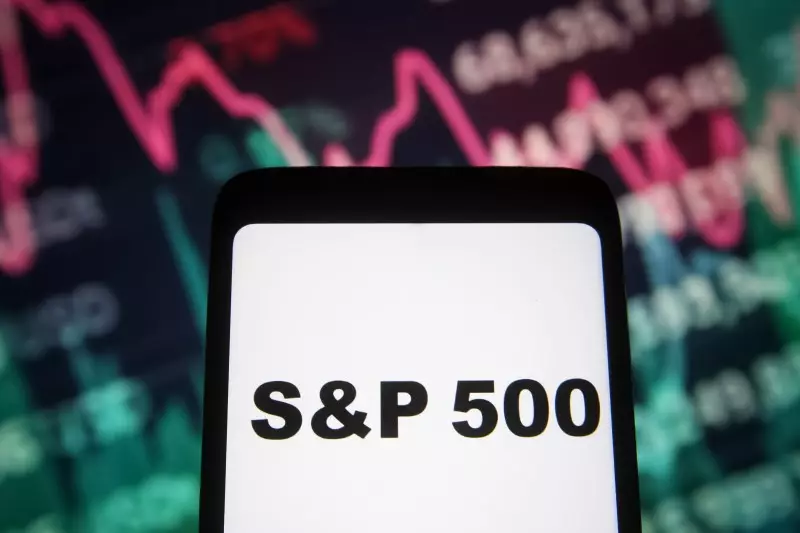The recent survey released by the Federal Reserve Bank of New York showed that Americans are increasingly concerned about inflation. The survey indicated that consumers expect inflation to reach 3.3% a year from now, up from March’s 3%. Additionally, they anticipate inflation to be at 2.8% three years from now. This growing apprehension about rising prices has impacted consumer sentiment, as shown in a University of Michigan report which revealed a decline in consumer sentiment to a six-month low in May. With households worried about the cost of living, the stock market has been faced with uncertainty.
The stock market has been experiencing a mixed bag of results, with the S&P 500 hovering below its March record high. While the Nasdaq composite has been advancing, the S&P 500 has been slipping. This comes after both indexes enjoyed three weeks of gains, supported by strong earnings reports. The uncertainty surrounding inflation and consumer sentiment has led investors to await key inflation readings, such as the producer price index, consumer inflation data, and retail sales data. Furthermore, earnings reports from major retailers like Home Depot and Walmart are also eagerly anticipated this week.
Investors have adopted a cautious approach as they navigate the current market conditions. Anthony Saglimbene, Ameriprise Chief Market Strategist, highlighted the tight trading range stocks are stuck in until there is more clarity on inflation trends. The recent reports showing a deterioration in consumer sentiment and expectations of rising inflation have added to this uncertainty. Analysts are forecasting core consumer prices to have risen by 0.3% on a month-over-month basis in April and by 3.6% on an annual basis. Federal Reserve Vice Chair Phillip Jefferson has expressed support for maintaining interest rates at their current levels until there is a clear indication that price pressures are moderating.
At present, the Dow Jones Industrial Average, S&P 500, and Nasdaq Composite are all experiencing fluctuations. While the Dow Jones fell slightly, the S&P 500 and Nasdaq Composite have exhibited contrasting movements. In terms of individual stock performance, many companies have surpassed analysts’ profit estimates, indicating strong performance in the market. Notably, shares of GameStop surged by 78% following the return of “Roaring Kitty,” a key figure in the meme stock rally of 2021. Other heavily shorted stocks like AMC and Koss Corp also experienced significant gains.
In the technology sector, there have been notable developments impacting stock performance. Alphabet saw a slight decline as Microsoft-backed OpenAI prepared to launch an AI-powered search product. Similarly, Meta Platform also experienced a downturn. Conversely, Apple recorded a 2% increase after reports suggested a potential collaboration with ChatGPT-maker OpenAI for utilizing the startup’s technology on the iPhone.
The impact of consumer sentiment on the stock market is evident in the current fluctuations and uncertainties. Investors are closely monitoring inflation trends and earnings reports to gauge market direction. As consumer concerns about inflation persist, the stock market is likely to experience continued volatility. It remains crucial for investors to stay informed and make strategic decisions based on evolving market dynamics.

